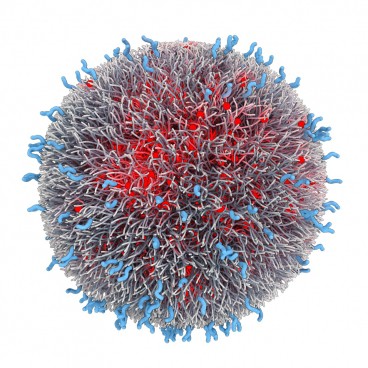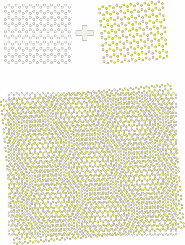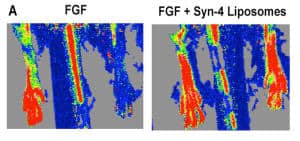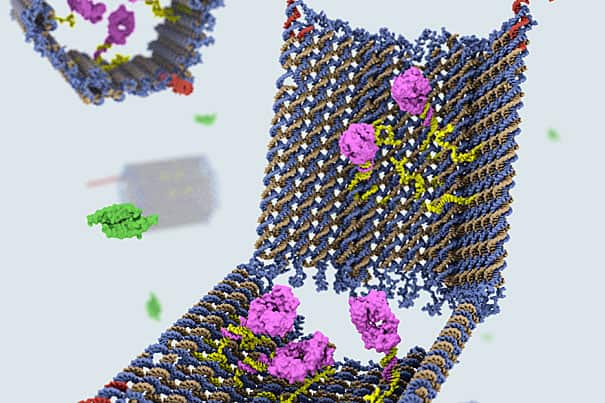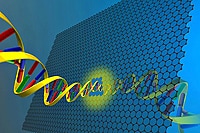Clinical trials in patients with advanced or metastatic tumors using targeted nanoparticles to deliver a standard chemotherapeutic drug showed tumor shrinkage, even in the case of cancers for which that drug is not normally effective.
Nanoparticles reduce tumors in clinical trial
